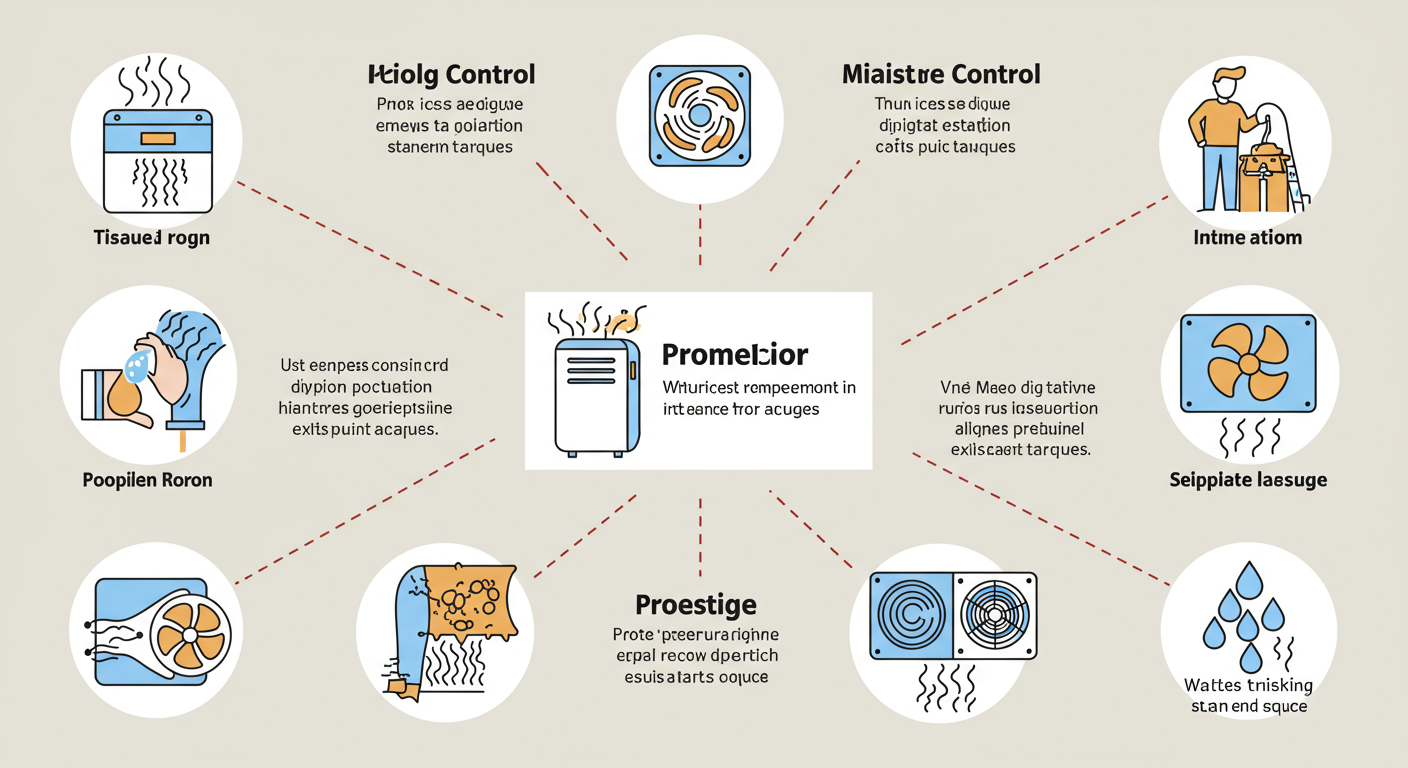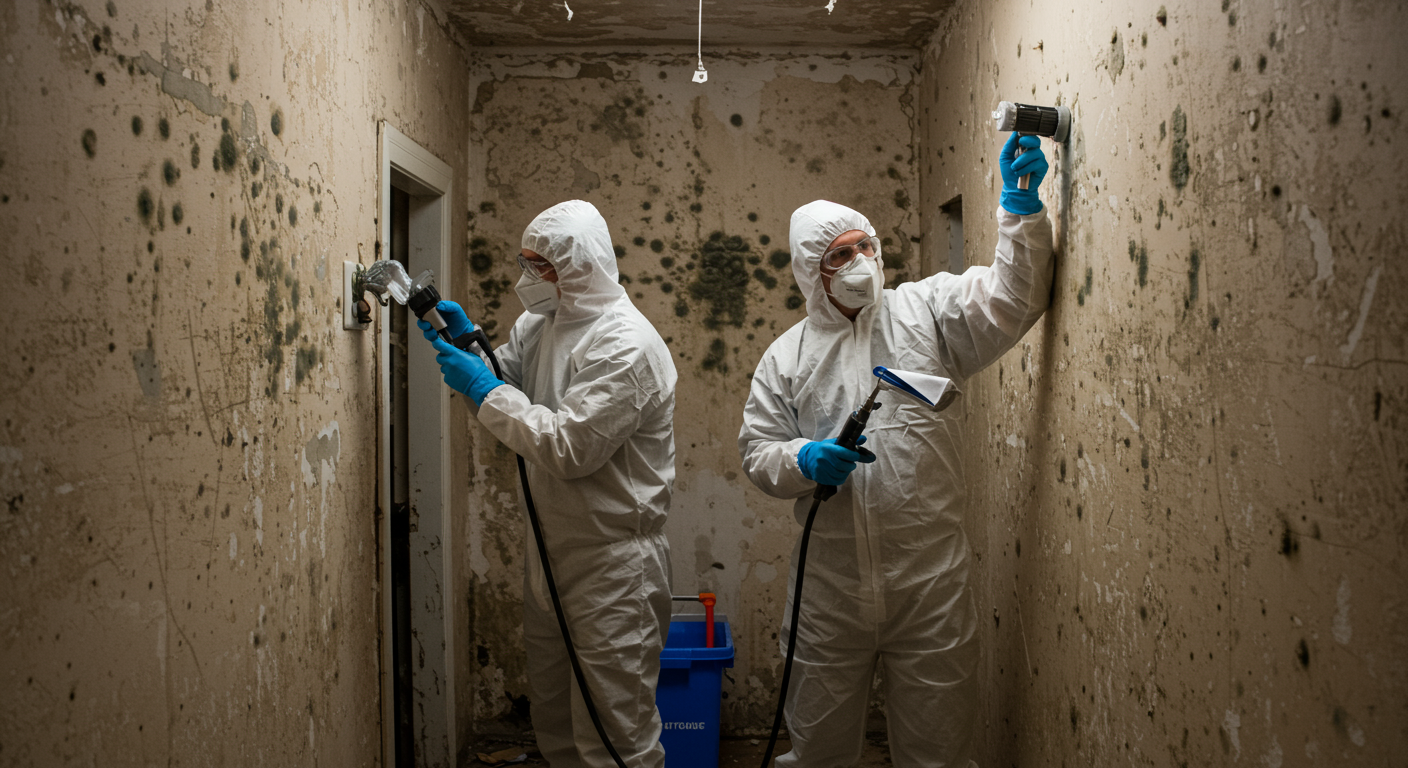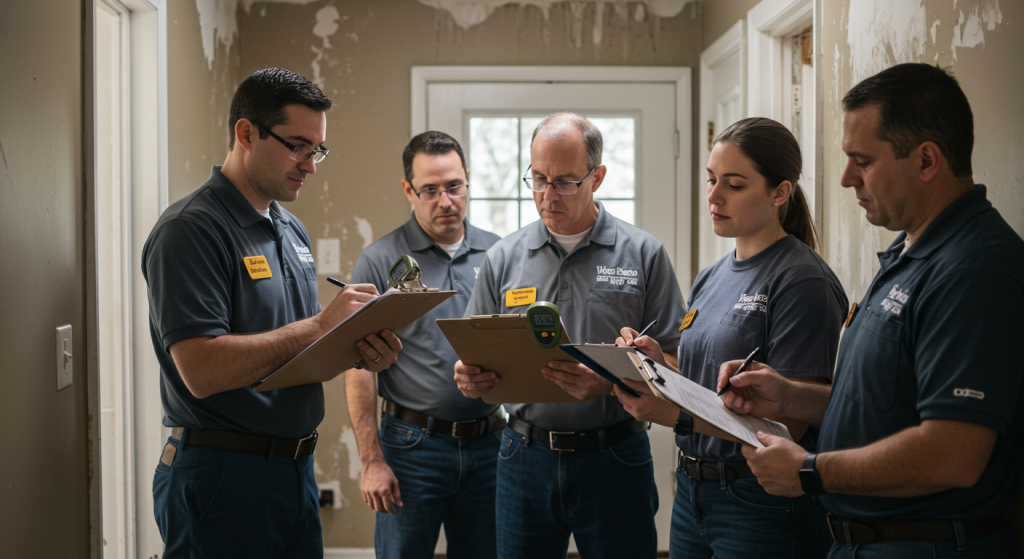Mold growth in homes and buildings is a common issue that can lead to serious health risks and structural damage. For residents of Lansing, MI, understanding and following the EPA guidelines for mold remediation is crucial to ensure a safe and healthy living environment. This article provides a comprehensive guide to mold remediation, covering health risks, cleanup strategies, prevention tips, and valuable resources.
Understanding Mold and Its Health Risks
Mold is a type of fungus that thrives in damp and humid environments. It can grow on various surfaces, including walls, ceilings, and carpets, and releases spores into the air. These spores can cause a range of health issues, especially for individuals with allergies, asthma, or weakened immune systems.
Common Health Issues Caused by Mold Exposure
Exposure to mold can lead to symptoms such as coughing, sneezing, skin irritation, and watery eyes. In severe cases, prolonged exposure can cause respiratory problems and exacerbate conditions like asthma. Children, the elderly, and individuals with compromised immune systems are particularly vulnerable. Understanding these risks underscores the importance of timely mold remediation.
Effective Mold Cleanup Strategies
The EPA provides clear guidelines for mold cleanup to ensure safety and effectiveness. These strategies vary depending on the extent of the mold infestation and the type of surfaces affected.
DIY vs. Professional Mold Remediation
For small mold infestations, homeowners can often handle the cleanup themselves using household cleaning agents and protective gear. However, for larger infestations or cases involving toxic mold, it is best to hire professional mold remediation services. Professionals have the expertise and equipment to safely and thoroughly remove mold, preventing its recurrence.
Learn more about expert mold remediation services in East Lansing, MI.
Preventing Mold Growth in Your Home
Prevention is always better than remediation. By taking proactive measures, homeowners can reduce the risk of mold growth and maintain a healthy indoor environment.
Importance of Moisture Control
Mold thrives in moist conditions, making moisture control a key preventive measure. Fixing leaks, improving ventilation, and using dehumidifiers can significantly reduce the chances of mold growth. Regularly inspecting areas prone to dampness, such as basements and bathrooms, is also essential.

Resources for Mold Remediation
For residents of Lansing, MI, several resources are available to guide and assist with mold remediation efforts. The EPA and the Michigan Department of Health and Human Services (MDHHS) provide valuable information on mold cleanup and prevention.
Links to EPA and MDHHS Guidelines
The EPA’s Mold Cleanup Guidelines offer detailed instructions for safely handling mold infestations. Additionally, the Michigan Department of Health and Human Services provides localized information and resources to help residents address mold-related issues effectively.
By following these EPA guidelines and taking proactive measures, homeowners in Lansing, MI, can protect their homes and health from the harmful effects of mold. Whether you choose to tackle mold cleanup yourself or hire professionals, understanding the risks and strategies involved is the first step toward a mold-free environment.

